Managers know how frustrating it can be to hire the right person for their organization. They know the type of person they want, but must search for that person within their time and financial limitations. Often times they only have time to conduct interviews, after weeding through hundreds of applications. Even if they have the luxury of being able to conduct some assessment procedures, they probably wish they could do more to ensure that they are hiring the right person.
One of the best assessment tools for the employment setting is the assessment center. The properly designed assessment center provides dependable data pertaining to whether or not the person being assessed can perform the job in question. The assessment center approach is important for two reasons. First, because the assessment center evaluates overt behavior, the data obtained is less subjective, and therefore a more reliable indicator of job performance. Second, because the assessment is job related, the process is more legally defensible.
The downside to assessment centers is their cost. The custom design and implementation of an assessment center could cost the employer thousands of dollars per employee. Obviously, investing this much money to assess a job applicant may be counter-productive. The benefits of using an assessment center may, however, outweigh some of the costs involved.
- First, using an assessment center to make good employment decisions avoids the high costs of making bad employment decisions. The costs of bad employment decisions include damaged equipment or stock, offended customers who never return, and low productivity. In addition, the costs of hiring and training that employee, which modest estimates place at $6,000.00, must also be considered.
- Second, some of the developmental costs for the assessment center will provide benefits to the employer that go beyond the assessment center. For example, the job analysis process can also lead to development of job descriptions, which can be useful for performance appraisals, quality improvement measures, and employee training.
- Third, by actually performing tasks related to the job, potential employees get to see what the job is like. This “realistic job preview” may prevent the cost of hiring and training an employee who does not like the job and quickly leaves the employer.
- Fourth, the assessment center process may save training costs by allowing the employer to customize learning opportunities to the employee. Rather than sending all employees to training that some employees do not need, the employer can send employees to training based on needs identified during the assessment center.
In summary, the assessment center approach to employee assessment is extremely useful when making employment decisions because it actually assesses a person’s ability to perform the job in question. Therefore, employers can make more effective decisions relating to selection, promotion, and employee development based on the results of an assessment center.
In spite of these benefits, though, it is still extremely difficult for an employer to justify a huge expense for hiring employees. Indiana University Northwest has the solution. We have designed an Assessment Center that assesses the key skills that every employer is looking for.
A key component to the success of the Indiana University Northwest Assessment Center is the participation of local business leaders. Because one of our goals is to prepare students for the workplace, we need to know what employers are looking for when they select employees. The best way for us to know this is to have business people involved in the program.
We are asking business people to function as raters, which will enable the business community to comment on the skills being assessed and on the level of proficiency that should be expected. Businesses that participate in this program will benefit in several ways.
- First, they will have input into how students prepare themselves for the workplace.
- Second, employers will be able to see the impact of the Indiana University Northwest curriculum on the students because they will see the difference in performance between the incoming freshmen and outgoing seniors.
- Third, business leaders will be able to meet potential employees through this process.
Raters will be trained on the evaluation process. We will ask them to read some training materials before they rate students for the first time, including background information about the exercise they will rate and how to rate behavior. We will make every effort to make the rating process as convenient for the raters as possible.
For an excellent discussion of assessment centers and their usefulness in making employment decisions, see Diane J. Krumm, Psychology at Work (Worth Publishers, 2001). Also see: The Guidelines and Ethical Considerations for Assessment Center Operations.


